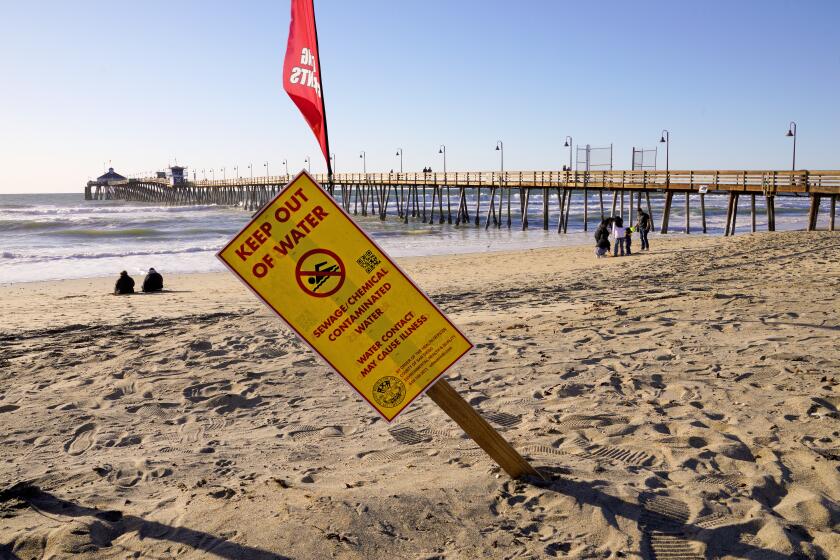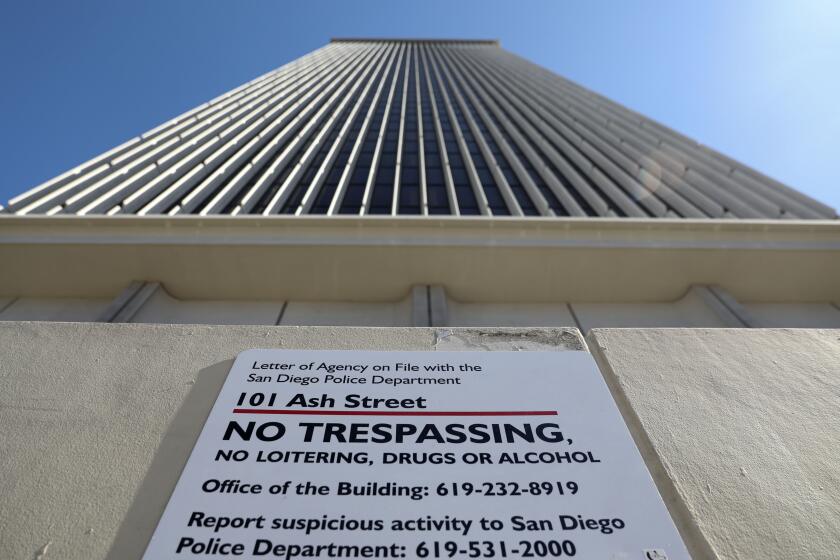Editorial: Weber right to seek to fix Local Control law — but the odds are long
The education establishment wants better-funded schools -- not better schools
Assemblywoman Shirley Weber, D-San Diego, made history this summer when she won approval of a change in police use of force standards over enormous opposition to make California’s lethal force law one of the nation’s strictest. Too many unarmed people, especially of color, were being killed under the old law allowing officers to use lethal force when it was “objectively reasonable” to ensure public safety. And one is too many.
Weber helped enact a standard that says such force can only be used when it is “necessary” to prevent imminent death or serious injury. She succeeded despite emotional criticism from police and their supporters. She succeeded by focusing on facts: Police departments with standards like those she was advocating saw no decline in public safety.
Now Weber says fixing the state’s Local Control Funding Formula for public education will be her top priority in 2020. She told Voice of San Diego that the 2013 law had never achieved its announced goal of improving the performance of English-language learners, children from poor families and foster youth by devoting more resources to districts that had high numbers of these students.
Weber is right. Her cause is just. Those students need help. But the tactic she used to win use of force reform — focusing on the facts — hasn’t worked in education policy debates in the Capitol for years. That’s because the overarching goal of the state education establishment is a better-funded — not a better-performing — public school system.
Just consider how Local Control has unfolded over the last six years. What’s happened is so at odds with the rhetoric that accompanied its passage that it is reasonable to believe its actual intent was not to help struggling students but to dispense big de facto block grants to boost the rickety finances of Los Angeles Unified, which has the most influential local teachers union in the state, and other urban districts. This enabled the districts both to give out the raises that were hard to come by during the Great Recession and to pay for soaring pension costs.
The first hard evidence of this came in 2015. The Legislative Analyst’s Office reported not a single one of the 50 school districts it reviewed had taken steps to ensure Local Control dollars were being used to help the intended students. Months later, then-Superintendent of Public Instruction Tom Torlakson overruled a subordinate and said it was OK to use Local Control funds for general purposes, including teacher raises. Meanwhile, Gov. Jerry Brown continually made it clear he was opposed to closely tracking how the funds were being used.
This backdrop is key to understanding the reports from Education Trust-West, CalMatters and the Legislative Analyst’s Office in recent years that show no progress or limited progress in educating English learners, foster youth and students from poor families. The larger context of education policy in California also provides crucial context: While states as diverse as Florida and Massachusetts have seen test scores go up by emphasizing accountability, California has adopted a system that makes it harder than ever to judge schools’ performance.
The 2018 election offered hope this might change. State Sen. Tony Thurmond was elected to succeed Torlakson as state schools chief after a campaign in which he told The San Diego Union-Tribune Editorial Board that Torlakson was wrong to loosen rules on use of Local Control dollars and that he would be “happy” to reverse his edict. But once in office, the candidate with the enthusiastic backing of the California Teachers Association and the California Federation of Teachers has never followed through — and in a March speech raved about Local Control.
This six years of relentless bad faith is what Weber is up against. She may get a boost for her efforts to reform Local Control from a pending state audit. She is sure to get encouragement from editorial boards like ours. But will she have more influence than teachers unions as she seeks to require school districts to ensure English learners, students from poor families and foster children — not teachers — are the prime beneficiaries of Local Control funds?
We’ll see. Weber’s measured, methodical approach to law enforcement’s use of force policy will help communities for years to come in California. Wouldn’t it be great to help students the same way?
Get Essential San Diego, weekday mornings
Get top headlines from the Union-Tribune in your inbox weekday mornings, including top news, local, sports, business, entertainment and opinion.
You may occasionally receive promotional content from the San Diego Union-Tribune.







